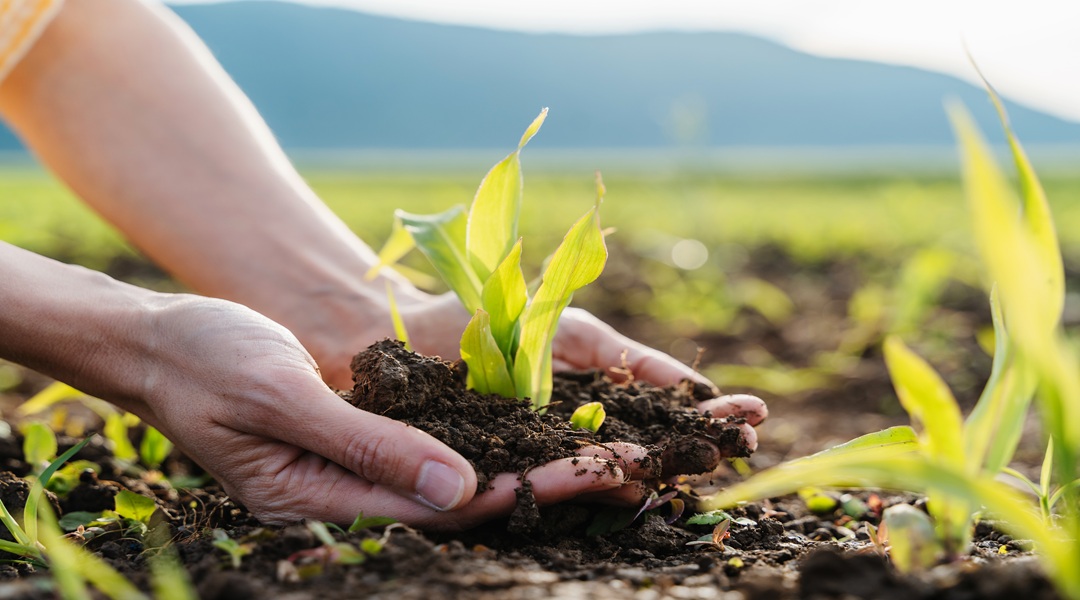Smart investors are jumping on the agricultural land bandwagon, and for good reason. You get to diversify your financial assets with something physical—farmland. Long-term gains are a real possibility with this asset, as it smartly leverages the one industry that’s always in demand—food.
What’s the secret to buying with confidence? It’s to find a loan that aligns with our financial goals. This allows you to treat yourself without throwing your money off balance. Now imagine coupling sound investment tactics with insightful newsletters like ‘Invested’ that keep you clued into market movements and alternative possibilities such as farmland ownership—clearly, there’s much more to consider beyond traditional stocks or bonds.
Diversify Your Portfolio with Farmland
Investing in farmland offers unique advantages for diversifying your portfolio. Experts emphasize its stable returns and insulation against stock market fluctuations. Farmland values benefit from global population growth, increasing demand for food production, and generally rising with inflation.
Other experts point out that it’s a non-correlated asset class. Aren’t tied to the ups and downs of stocks or bonds. Which attracts high-net-worth individuals seeking balanced portfolios.
Evaluating farm investments isn’t solely about revenue but also includes sustainability considerations. Embracing organic or regenerative farming improves soil health plus watersheds while aligning with broader societal goals. For those looking into financing such ventures, an agricultural land loan might be the key step towards joining this valuable sector of investment without overstretching personal liquidity.
Secure Long-Term Returns from Agriculture
Investing in agricultural land offers an opportunity for stable long-term gains. As more investors, including prominent athletes, recognize its potential and accessibility grows, let’s explore the specific benefits.
- Increased Access to Investment Opportunities: With recent changes easing entrance barriers into farmland investing, opportunities that were once limited are now within reach for a broader investor base. Athletes have led by example with significant farm purchases, demonstrating confidence in agriculture as an asset class. This trend signals ample room for growth as farmland becomes recognized not just among traditional farming circles but also among savvy investment communities seeking durable assets amid economic shifts.
- Strategic Capital Allocation: A deliberate approach towards investing in farmland means channeling funds into a sector known for resilience even during unstable market conditions. The USDA reports vast tracts of leasable land owned by individuals who don’t actively farm themselves—representing chances to earn through rental income alongside appreciating land values over time without the need for direct involvement in day-to-day farming operations.
- Proflexibility and Control Over Investments: Farmland investments offer adaptability; you can decide how closely your returns mirror agricultural risks or opt instead for fixed lease payments, ensuring consistent yields irrespective of external factors such as weather or market volatility.
Buying agricultural land offers unique benefits. It often appreciates steadily, ensuring long-term financial security for you. Plus, there’s potential income from crop production or leasing your property to farmers.
You can diversify assets beyond traditional stocks and bonds with farmland investments, too. If managed well, the soil yields harvests year after year—a tangible return on investment that sustains livelihoods worldwide while feeding people in local communities and sometimes even further afield. Investing in farm property will truly plant seeds for future wealth growth!

